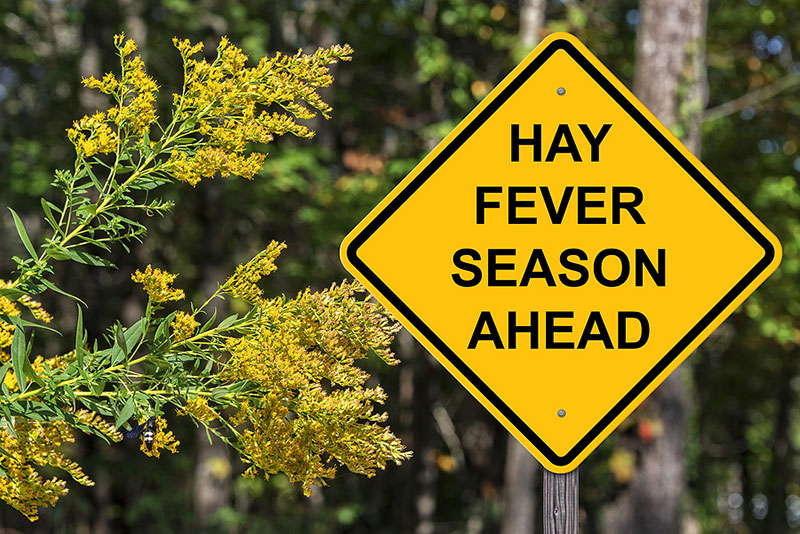What is the best thing to do for hay fever?
Inconvenient hay fever is not even a question. But at home, you have good defenses against pollen in the walls. Take note of some advice, and if at all possible, furnish your home with the appropriate goods.
Clean Air
Pollen concentrations in the air at home and at work can be decreased with the aid of indoor air purifiers with cutting-edge filtration technology. But not every gadget is equally appropriate for allergy sufferers, so you should get specific advice before buying. Orientation is also provided by test results and certifications, such as those from TÜV.
Take Out Allergy Triggers
If at all possible, get rid of allergy triggers from your home environment. For instance, if you are allergic to birch pollen, get rid of birch trees. Perhaps you can decide to remove plants in agreement with your landlord and your neighbors. It is a good idea to know in advance which plants you are allergic to before planning your garden.
Ventilating
Of course, you should shut the windows if the pollen count is high. Without using pollen protection screens: Up to 90% of all pollen can be kept out by installing a pollen protection screen in front of the window. You won’t have to sacrifice fresh air even in the summer thanks to this, and you can open the window without fear. The grilles can be custom cut for some designs to fit windows of various sizes best. Typically, the grilles are constructed from a unique, cutting-edge fabric. Because of the included adhesive tape, assembly is simple. The grids are also removable and machine-washable at a temperature of 30 degrees. Important: Air and light naturally pass through the tightly woven fabric, keeping the pollen out. Consequently, you are not in the dark!
Particular Vacuum Cleaners
Everybody who suffers from hay fever or animal hair allergies “must” have a specialized vacuum cleaner. To significantly lower indoor pollen levels, conventional devices are typically insufficient. The majority of pollen is so small that it “slips” through the vacuum cleaner’s filter and immediately returns to the living room with the exhaust air. The so-called HEPA filter vacuum cleaner (HEPA stands for High Efficiency Particulate Air) is a better choice for allergy sufferers. Another excellent option is a water vacuum cleaner: These models pass the dusty air through a water filter. In its water whirlpool, virtually all dirt particles—including allergens like pollen or animal hair and potential water-soluble environmental toxins—are bound.
Pharmacies’ Medications
Drugs that block the body’s own messenger histamine, which causes allergic symptoms, are available to treat them in the short term. Antihistamines are the name for these substances. In addition to other forms, these medications are typically sold without a prescription in pharmacies and come in tablet form. They can be applied directly where symptoms in people with pollen allergies frequently appear, as eye drops or nasal sprays. Your pharmacist can give you advice on appropriate, well-tolerated preparations. Specialists now frequently advise taking antihistamines all year long, not just occasionally to treat symptoms. Consult your doctor about this.

